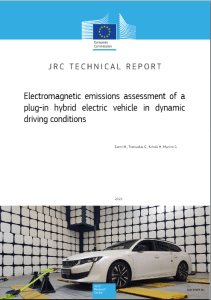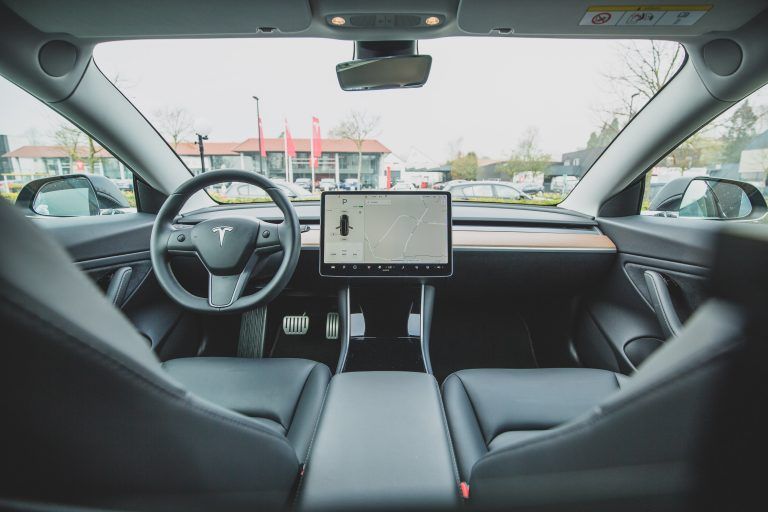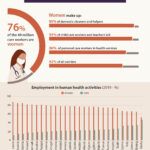The new Vehicle General Safety Regulation starts applying today. It introduces a range of mandatory advanced driver assistant systems to improve road safety and establishes the legal framework for the approval of automated and fully driverless vehicles in the EU.
The new safety measures will help to better protect passengers, pedestrians and cyclists across the EU, expectedly saving over 25,000 lives and avoid at least 140,000 serious injuries by 2038.
As the coming into force of the General Safety Regulation empowers the Commission to complete the legal framework for automated and connected vehicles, the Commission will deliver this summer technical rules for the approval of fully driverless vehicles, making EU a pioneer in the field. These will help to increase public trust, boost innovation and improve the competitiveness of Europe’s car industry.

Electromagnetic emissions assessment of a plug-in hybrid electric vehicle in dynamic driving conditions
|
General safety rules
As of today, the new measures introducing safety features to assist the driver include:
- For all road vehicles (i.e. cars, vans, trucks and buses): intelligent speed assistance, reversing detection with camera or sensors, attention warning in case of driver drowsiness or distraction, event data recorders as well as an emergency stop signal;
- For cars and vans: Additional features such as lane keeping systems and automated braking;
- For buses and trucks: technologies for better recognising possible blind spots, warnings to prevent collisions with pedestrians or cyclists and tyre pressure monitoring systems.
The rules will first apply to new vehicle types from today onwards and to all new vehicles from 7 July 2024. Some of the new measures will be expanded to cover different kinds of road vehicles until 2029.

How do Europeans feel about self-driving cars?
|
Technical rules for automated cars
Based on the General Safety Regulation the Commission is planning to adopt this summer technical rules for automated and connected vehicles, in particular focusing on automated vehicles replacing the driver on motorways (level 3 automation) and fully driverless vehicles like urban shuttles or robotaxis (level 4 automation). The new rules will align EU legislation with the new UN level rules on level 3 automation and adopt new EU technical legislation for fully driverless vehicles, the first international rules of its kind. The technical rules set out via a delegated and implementing act will establish a comprehensive assessment of safety and maturity of the fully automated vehicles before they are placed on the EU market. They will cover testing procedures, cybersecurity requirements, data recording rules as well as monitoring of safety performance and incident reporting requirements by manufacturers of fully driverless vehicles.
More information: Press release – European Commission







Leave a Reply